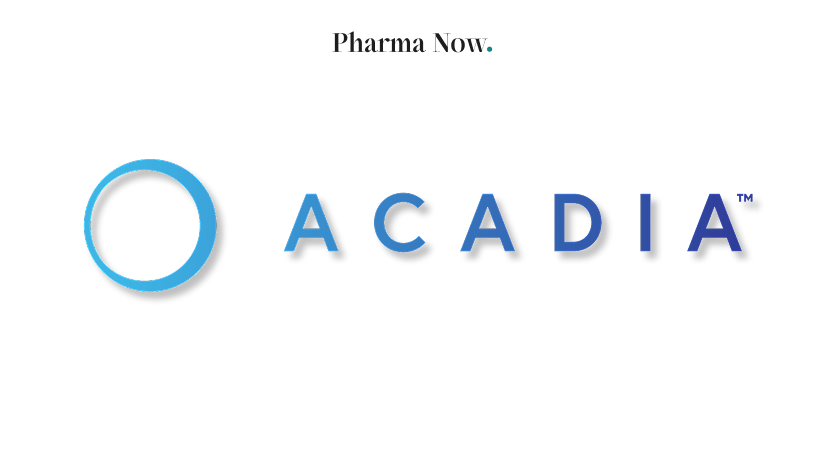Acadia Announces Phase 3 COMPASS PWS Trial Results: Intranasal Carbetocin Misses Efficacy Endpoints
Acadia’s Phase 3 trial of intranasal carbetocin in Prader-Willi syndrome failed to meet efficacy endpoints but showed safety.
Breaking News
Sep 25, 2025
Vaibhavi M.

Acadia Pharmaceuticals Inc. announced top-line results from its Phase 3 COMPASS PWS trial evaluating intranasal carbetocin (ACP-101) for hyperphagia in patients with Prader-Willi syndrome (PWS). The study did not meet its primary endpoint, showing no statistically significant improvement versus placebo in reducing hyperphagia symptoms at Week 12, as measured by the Hyperphagia Questionnaire for Clinical Trials (HQ-CT). Secondary endpoints also showed no meaningful separation from placebo.
“We are disappointed by these findings, especially for Prader-Willi syndrome patients, their families and the entire community. I want to thank the many patients, families, study site personnel, and physicians who participated in the COMPASS PWS study as well as the intranasal carbetocin clinical development program, for their dedication and contributions in this important study. We are committed to sharing a summary of the data in the future to ensure learning for the PWS community; however, given these results, we do not intend to investigate intranasal carbetocin any further,” said Elizabeth H.Z. Thompson, Ph.D., Acadia’s Head of Research and Development.
Despite the lack of efficacy, the safety and tolerability profile of intranasal carbetocin remained favorable. Data showed consistency with prior clinical studies, with a low rate of adverse events observed across enrolled participants. COMPASS PWS was a 12-week, randomized, double-blind, placebo-controlled global trial that included 175 children and adults aged five to 30 years. Participants received intranasal carbetocin 3.2 mg three times daily.
“Despite this disappointment, Acadia is well-positioned to deliver long-term, sustainable growth supported by two approved products projected to generate over $1 billion in net sales in 2025, and a robust pipeline that includes eight disclosed and multiple undisclosed programs. Looking ahead, we anticipate seven Phase 2 or 3 study starts through 2026 and four data readouts by the end of 2027. For more details on our programs, I encourage you to revisit our recent R&D Day presentation on our website,” said Catherine Owen Adams, Acadia’s Chief Executive Officer.
Acadia continues to focus on advancing therapies for neurological and rare diseases. The company has successfully developed the first and only FDA-approved treatment for hallucinations and delusions associated with Parkinson’s disease psychosis and the first approved therapy for Rett syndrome in the U.S. and Canada. Its clinical pipeline includes investigational programs in Alzheimer’s disease psychosis, Lewy body dementia psychosis, and other neuroscience and rare-disease indications.
